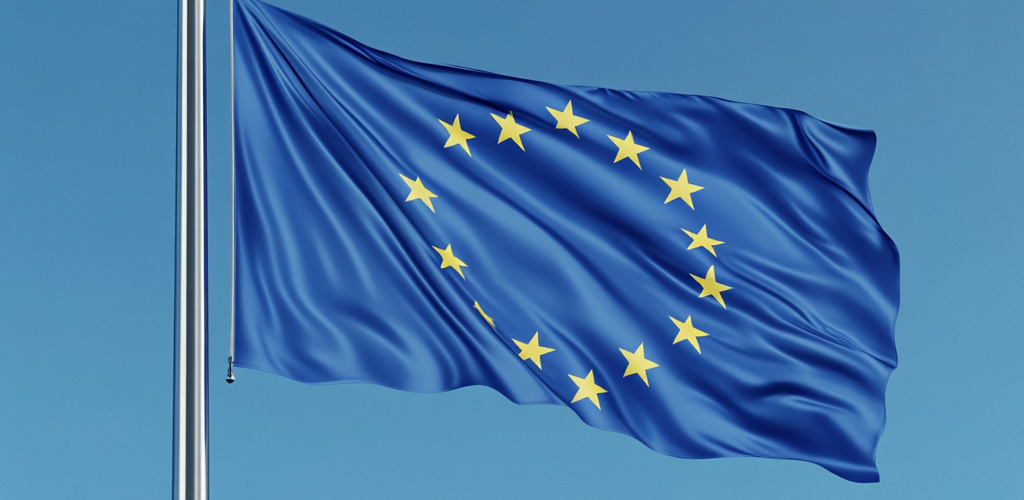- VAT Payment Upon Importation: Businesses importing goods from non-EU countries must typically pay both customs duties and VAT immediately upon customs clearance in the EU country, leading to cash flow challenges as VAT can only be recovered later in the VAT return.
- Deferral Mechanisms: To alleviate this cash flow burden, EU Member States have implemented mechanisms such as postponed accounting and deferred payment for import VAT. Postponed accounting allows businesses to account for import VAT in their periodic VAT return, while deferred payment enables the delay of VAT payment for a designated period.
- Implementation Across Member States: All EU Member States have adopted either postponed accounting or deferred payment measures, with specific conditions varying by country. Businesses should understand the applicable mechanisms in their Member State to effectively manage and mitigate VAT prefinancing issues.
Source:
Latest Posts in "European Union"
- VAT IOSS Scheme: Intermediary Registration Available from April 2026 for Non-EU Businesses
- Customs and VAT Fraud Cost EU €45 Billion in 2025, Officials Warn
- EPPO Investigates Record 3,600 Customs Fraud Cases in 2025, Damages Reach 67 Billion Euros
- Intermediary Registration for UK Import One Stop Shop Scheme Opens April 2026
- EPPO Uncovers €45 Billion VAT and Customs Fraud, Reshaping EU Criminal Landscape in 2025













